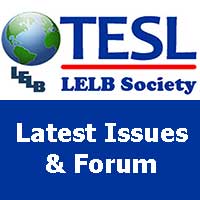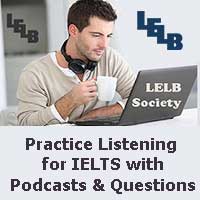Empiricism
Empiricism
Locke, Berkeley and Hume were the founders of empiricism in the 17th century.
Knowledge is derived from experience of the outside world.
Information is copied by sensations and images, remembered, associated with other stored information. Complex ideas result from associating simple ideas.
Infant is born as a ‘tabula rasa’, i.e. a blank or white sheet.
Proponent: John Locke
Functionalist and ‘usage-based’ models which have arisen in contrast to the leading Rationalist theory of Noam Chomsky reveal a central concern for understanding the interaction of children with the input data during the time course of language acquisition.
Karl Lashley criticises empiricism in this way: Whatever there is serialization of units, the set of units must be organised. What then determines the order? There must be a higher order organiser and this requires a cognitive representation.
Empiricist theories attempt to explain language acquisition without attributing to children abstract knowledge. Bates and MacWhinney (1989, 1987) propose a “Functionalism and Competition Model” of language acquisition, according with general ‘connectionist’ modeling and with a “language making capacity”. A usage based account hypothesizes that language acquisition is based on item by item imitative learning (Tomasello, 2000).



